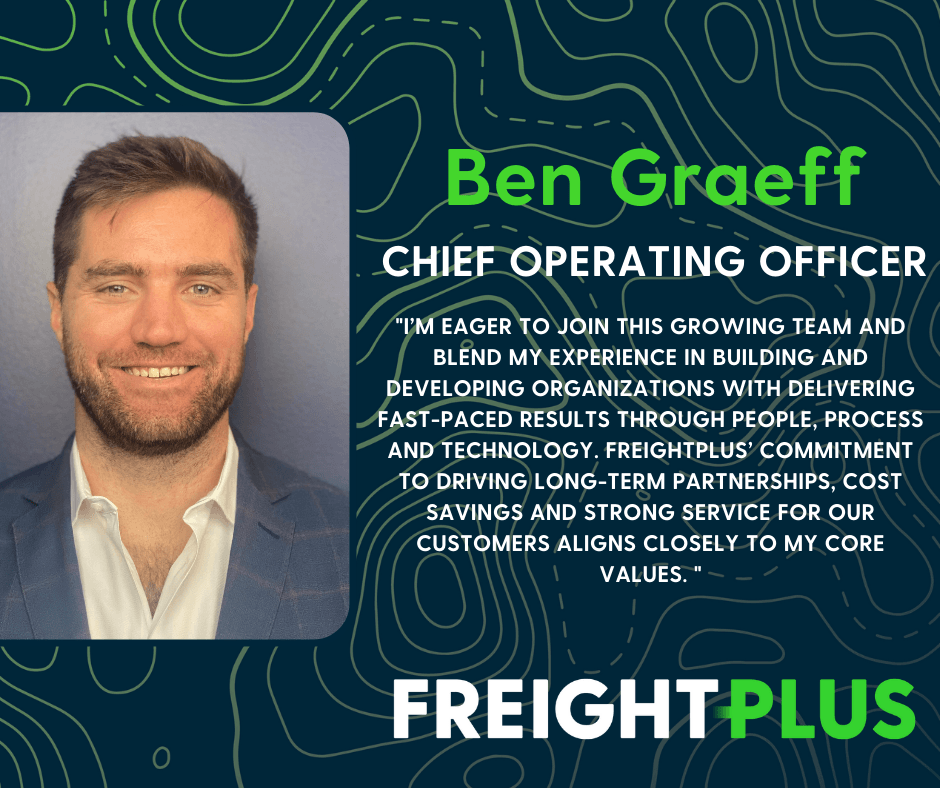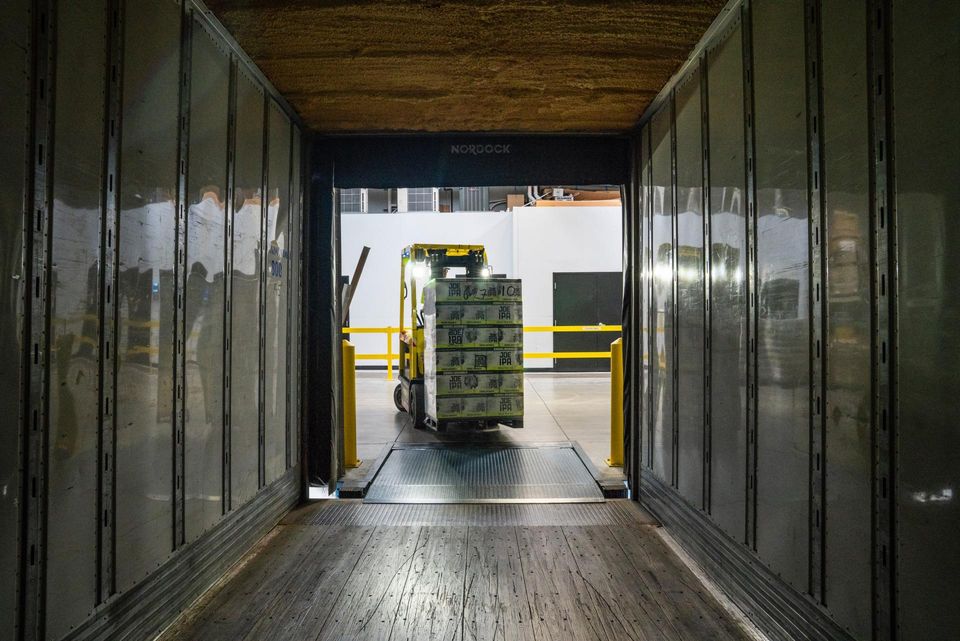Tidbit from Russ Aborn - Origin of the term
Learn the origin of some of the most used words in the industry
Probably 90% of the people in the LTL freight world use the words “pro number” at least once a day. I wonder how many know the origin of the term?
Pro Number: Back in the day, a less than truckload (LTL) driver would come back to the terminal at the end of the day carrying bills of lading (BL) for outbound shipments he’d picked up that day. He would hand the BLs into the office and someone there would begin to type them out and a pro number would be recorded.The pro numbers usually began with the terminal designation code, typically a three-digit number. My old terminal was 004. After the terminal code, there was a dash then a progressive number as a random example 987654.
A biller would have a roll of bills each numbered with its own unique number, type the shipment info on a pre-numbered freight bill. The next bill they would enter would have the number 004-987655, 987656, 987657 and so on. The pro number was the progressive number, sequentially assigned to a shipment by the pre-numbered freight bill.
Truck: The most used word in the freight business (Other than %#@&!) is ‘truck’. Why truck? A truck was a small iron hoop or wheel on which the cannon were mounted on a ship. The word stems from trochus which is Greek for wheel. Truck farm means a farm that grows food for barter or sale, as opposed to consuming the food for themselves. It does, by necessity, truck its products to market. Who knows why the Brits call it a lorry, and who cares.
Car: A word I wondered about and finally researched is ‘car’. Where did the word car come from. Before automobiles people rode around in horse drawn carriages. Afterwards, when automobiles became more common, the term motor carriage came into use. Motor carriage was shortened when the word motor was dropped and carriage became car. There is also a theory that the word could also be a derivation of the word cart.
About the author:
Working with more than 300 companies over his career, Russ is a transportation expert who has conducted 100s of assignments aimed at reducing transportation costs. Russ is involved in freight negotiations for clients at the level of more than $300 million annually.











